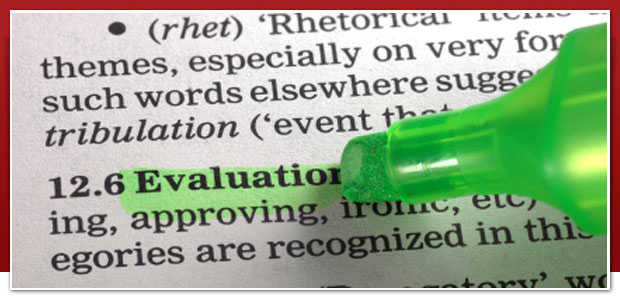Anti-Money Laundering Compliance Reviews
Peace of Mind for Your Compliance Program
Changes to the Proceeds of Crime (Money Laundering) and Terrorist Financing Act (the Act) and Phase 1 changes of its associated regulations affected reporting entity obligations, including reporting, record keeping, client identification, and implementing a compliance program. These changes were finalized and the related regulations were published in June 2007. December 2017 issued a new guidance “Compliance program requirements”, which replaces Guideline 4.
What Is a Compliance Program?
Your compliance program will have to be tailored to fit your individual needs. It should reflect the size, complexity, and risk of exposure of your business to money laundering (ML) and terrorist activity financing (TF). Your compliance program must include the following elements:
-
The appointment of a person who is responsible for the implementation of the compliance program - compliance officer.
-
The development and application of written compliance policies and procedures that are kept up to date, and include enhanced measures to mitigate high risks.
-
A risk assessment of your business activities and relationships.
-
The development and maintenance of a written, ongoing compliance training program for employees, agents, and others authorized to act on your behalf.
-
The institution and documentation of a plan for your ongoing compliance training program and for delivering the training.
-
The institution and documentation of an effectiveness review of your compliance program (policies and procedures, risk assessment and training program) every two years (minimum) for the purpose of testing its overall effectiveness.
These elements are key to any effective system of internal controls.
What began with record-keeping, client ID, and the voluntary reporting of large cash transactions in the 1990s has now expanded into a comprehensive regime of regulatory compliance. Penalties are in place for any company or organization without the proper standards in place.
As technology evolves, however, and e-Commerce becomes more entrenched in our daily lives, the money laundering typologies developed by criminals and terrorists are constantly changing. So too are the risks for financial institutions, accountants, casinos, foreign currency exchange houses, money service businesses as well as a host of other “reporting entities” affected by the legislation. Compliance has become a moving target.
ABCsolutions has developed a comprehensive evaluation program of review that does meet the expectations of the Act and its supporting regulations, while at the same time keeping costs tailored to the size of your organization and your needs. Using a combination of document review and on-site visits to assess your compliance program, we are able to obtain a clear understanding of the strengths and limitations of your program, which are then set out in a final report. That report will also provide recommendations for change where needed and make suggestions on how those recommendations can be addressed.
Need assistance with your biennial compliance review to test the effectiveness of the elements of your compliance program?
Who should conduct the review?
The review should be done by an individual who is not directly involved in your compliance program activities, and has an adequate working knowledge of your obligations under the PCMLTFA and associated regulations. You may have an internal or an external auditor complete your review but it is not required as long as the review is completed and your documentation specifies who conducted the review.
ABCsolutions have being conducting compliance reviews across all sectors since in 2006, with an emphasis on credit unions, Schedule II and small Schedule 1 banks, life insurance, currency exchanges, money service businesses (remittance), accountants, and casinos.
The cost of undertaking a review for your organization is negotiated at the time of the client's request.


